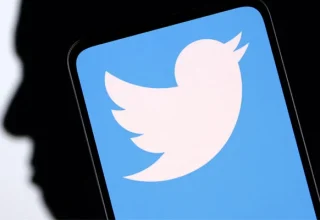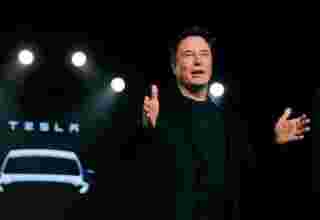This week, one of the biggest technology exhibitions in the world opened in Las Vegas with more than 3,000 exhibitors from around the globe displaying what they believe will be the upcoming big thing.
All are welcome there, from the biggest IT companies to the smallest start-ups. It’s a buffet of brilliant ideas, some of which are utterly insane, reported the BBC.
But Russia is conspicuously missing from CES 2023, noted the outlet. Zoe Kleinman from BBC rode around the city in a driverless car created by Russian technology giant Yandex the last time she went there in 2020. Russia is “not welcome” this year, according to Gary Shapiro, president of the Consumer Technology Association, which organises the event.
“We did not welcome them this year given the political situation,” he told the journalist. “We just didn’t feel it was appropriate,” he was quoted as saying.
“It wasn’t a matter of legal policy for the United States, it’s a matter of our policy as an organisation.”
A few Russian businesses requested to exhibit, Shapiro claimed.
“We said they could relocate to another country if they were interested,” he says.
The Ukraine flag pin badge on Shapiro’s jacket indicated his position on the crisis between Russia and Ukraine. He also informed Zoe that there were roughly a dozen Ukrainian technology firms there, several of which are exhibiting sustainability ideas. One company, Releaf, turns dead leaves into paper.
The “solution” to excessive screen time was seen in the form of a Rubik’s Cube-sized wooden and gold device. Ohm’s Quest is an adventure game in the style of an escape room that can only be played for a total of 60 minutes.
Zoe tested out a Talkr.ai voice chatbot which works like ChatGPT but is given commands verbally.
Along with smart home technology, fitness and well-being played a significant role. Another prominent component at CES 2023 is sustainability, which is intriguing given how uneasy technology has always been with the environment and how frequently it produces hard-to-recycle gear.
Samsung said that the remote controls for its solar-powered TVs would be built from recycled aluminium cans and marine plastic trash.
For electric automobiles, the French company Up & Go has created a wireless charger prototype.
The current prototype takes a few hours to charge, but with more funding — which is what many of the firms paying to show expect to achieve — it will eventually be able to do so in 10 to 30 minutes.
CES is a private event. Journalists, experts, and other guests are all allowed in the room. Many CES veterans, however, feel that this year’s preview lacks the excitement and surprise of prior years.
COVID had a significant impact on CES, as it has on many exhibition-style events. In the previous year, 40,000 people showed up. Prior to COVID, it was more like 200,000.
























